.net Awards 2011: top 10 developers
This week we profile the world's coding titans as nominated by you. Who will be the Developer of the Year and take the much coveted trophy home?
Sign up to Creative Bloq's daily newsletter, which brings you the latest news and inspiration from the worlds of art, design and technology.
You are now subscribed
Your newsletter sign-up was successful
Want to add more newsletters?

Five times a week
CreativeBloq
Sign up to Creative Bloq's daily newsletter, which brings you the latest news and inspiration from the worlds of art, design and technology.

Once a week
By Design
Sign up to Creative Bloq's daily newsletter, which brings you the latest news and inspiration from the worlds of art, design and technology.

Once a week
State of the Art
Sign up to Creative Bloq's daily newsletter, which brings you the latest news and inspiration from the worlds of art, design and technology.

Seasonal (around events)
Brand Impact Awards
Sign up to Creative Bloq's daily newsletter, which brings you the latest news and inspiration from the worlds of art, design and technology.
We’ve reached the last category in the .net Awards focused on individual talent. This week we profile the coding titans that you, the public, have nominated.
Some of the developers on our shortlist work at some of the biggest companies in the world; some at exciting new startups and design agencies; and some are freelancers, changing the world one line of code at a time. But only one of our nominees remembers the code for bananas and artichokes from his first job.
The public voting stage is open until the end of this month. Then, during October, our judging panel will choose a winner from the public's top three in each category. The Awards will be presented at a VIP ceremony in November.
So, here are the contenders, in alphabetical order:
1. Jens Meiert

Job: Senior web architect at Google
Based in: San Francisco
Got into development aged: 19
Education: Self-made
First job: Web decorator
Areas of expertise: HTML, CSS, maintainability, code and process efficiency, information design
Online: meiert.com and @j9t
.net: What have you been working on this year?
JM: I didn’t really get to do much outside Google, so mostly improving Google code and processes, launching one or the other project, and fighting one or the other fire, which can be seen as making a lot of upset people happy very quickly.
.net: What’s the best piece of advice you’ve received lately?
JM: It’s not quite very recent advice, yet it took me a while to completely get it: pick your own battles. Picking your own battles is an important mantra to focus and remain focused. It’s useful not to get sidetracked. I refer to myself as an “economic perfectionist”; however, there are just things that aren’t really worth your time. I’ve learned this from one of my managers at Google.
Sign up to Creative Bloq's daily newsletter, which brings you the latest news and inspiration from the worlds of art, design and technology.
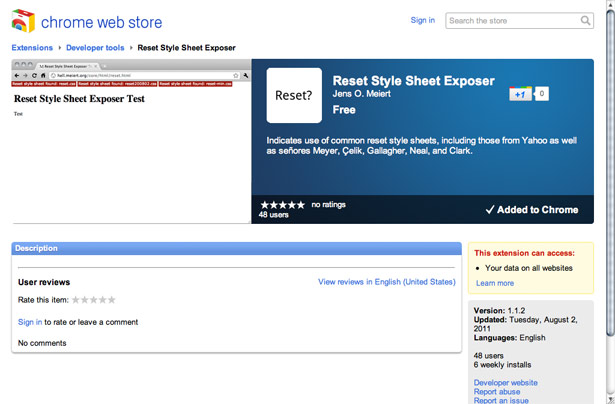
2. Lorna Mitchell

Job: Freelance web development consultant
Based in: Leeds, UK
Got into development aged: 19
Education: I've got an MEng in Electronics from York. Studying engineering taught me how to solve problems and pick up new technologies as I encounter them
First job: Writing games for GBA and NGage (remember those?)
Areas of expertise: PHP, APIs, databases, Linux, and tools around the development process
Online: www.lornajane.net and @lornajane
.net: What have you been working on this year?
LM: This is my first year of being freelance and I've loved writing a book and doing some teaching in between my development work; the variety is the most invigorating element! Most of what I do is small bursts of API development or integration inside existing systems. I will work with clients for literally a few days at a time to get them moving with a particular tool or to put an API in place for them. I've also been lucky enough to be invited to speak at some new events, and I've been enjoying giving in-depth workshops at conferences.
I have been working on a product to bring simple website statistics to people without much technical know-how, and BiteStats.com is currently in beta. This started out as a "toy" project because I was interested in the various technologies (APIs, Gearman, statistics and reporting) and I gained a real sense of confidence as it turned into something more. I also built a new API for my open source project, Joind.In, which is a site that lets users give public, realtime feedback at events.
.net: What’s the best piece of advice you’ve received lately?
LM: I got some great advice when I gave up my day job to go freelance. My good friend Derick Rethans told me not to expect every enquiry to turn into a job; so I haven't been too disappointed when something doesn't work out for whatever reason.
Probably the best advice was actually a question from another good friend and ex-colleague, Ivo Jansch. When I discussed my plans with him, he asked "What will you do when things aren't going so well and you have nobody to tell?". I've been a remote worker for years but I
was an employee then: his warning helped me to remember to keep up with my professional and social networks, and to reach out for support when I need it.
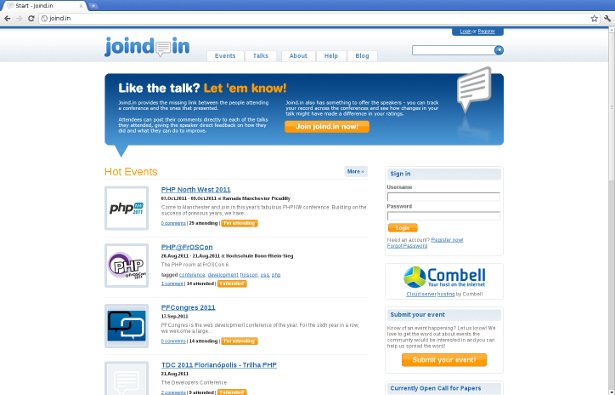
3. Mathias Bynens

Job: Freelance front-end web developer
Based in: Belgium
Got into development aged: I was nine when I started fiddling with HTML and <frameset>s, carrying around my creations on a floppy disk until I finally learned about FTP
Education: Self-taught
First job: This is my first job
Areas of expertise: HTML, HTTP, JavaScript, performance, research
Online: mathiasbynens.be and @mathias
.net: What have you been working on this year?
MB: I created jsPerf and started the Benchmark.js project. I’m part of the HTML5 Boilerplate core development team. I’ve contributed to various open source projects, including Modernizr, has.js, jQuery/Sizzle, CSS3 Please, W3Fools and many more. I wrote some polyfills and jQuery plug-ins, too. Other than that, I like doing frontend research (touch icons, safe CSS hacks, unquoted attribute values in HTML and CSS, the ETAGO delimiter) and creating oddly specific but helpful web apps for web developers (unquoted attribute validator, CSS escaper).
.net: What’s the best piece of advice you’ve received lately?
MB: “Don’t copy-paste.” Krijn Hoetmer told me this years ago, and to this day it’s the best piece of advice I’ve ever received. The moment you stop blindly copying code and start thinking about the problem at hand, looking for a solution of your own, you level up as a developer.
This is still relevant today. Projects like HTML5 Boilerplate can help you create a robust website from scratch quite easily, but that doesn’t mean you should ignore the code it produces. If you read the code and the documentation, you can learn from it, and optimise your project by removing parts that you don’t need. If you just copy-paste without paying further attention you don’t learn anything new, and where’s the fun in that?
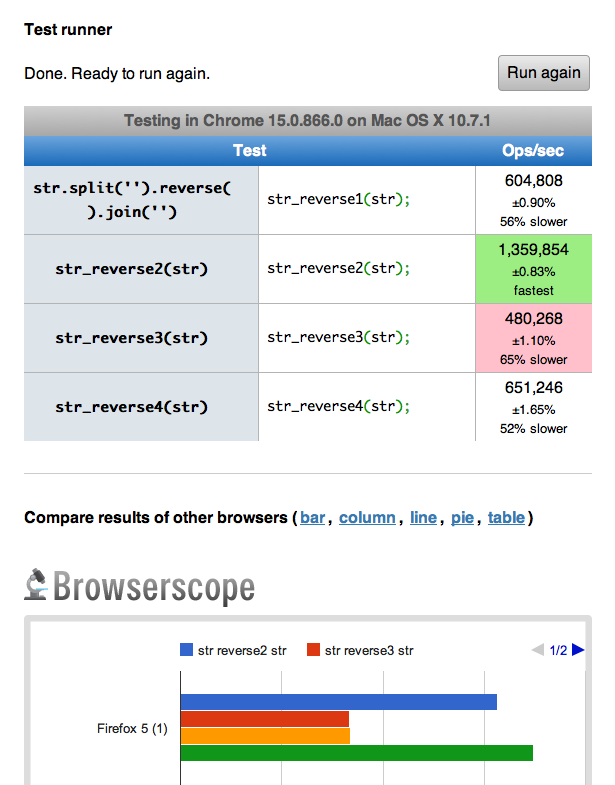
4. Matt Gifford
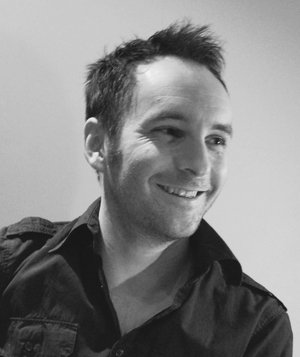
Job: Senior developer for Fuzzy Orange, consultant/contractor for Gorilla Works
Based in: St Albans, Hertfordshire, UK
Got into development aged: 19
Education: Self-taught
First job: Newspaper delivery
Areas of expertise: ColdFusion, Flex, AIR, WordPress
Online: www.mattgifford.co.uk and @coldfumonkeh
.net: What have you been working on this year?
MG: My focus this year, alongside the bread and butter projects, is to invest back into the development community. This ranges from the public-facing projects like writing articles, releasing open source code, blogging and speaking at events to fielding questions over Twitter and email; which also falls under my remit as an Adobe Community Professional. I've been continuing to release and update my open source applications to share with the community as well. It's really rewarding to see them picked up and used by so many people, and for a variety of different applications and sites.
I picked up my skills on the job, and am grateful to all those who took the time to answer my questions over the years (and continue to guide me), so I'm a big advocate of encouraging and supporting other developers, particularly the next generation of professionals.
.net: What’s the best piece of advice you’ve received lately?
MG: The same piece of advice that my wife has given over the last few years: "Shy bairns get nowt!" (from the Geordie in-laws). Focus on what you want and then work hard to achieve it, don't wait for things to come to you.
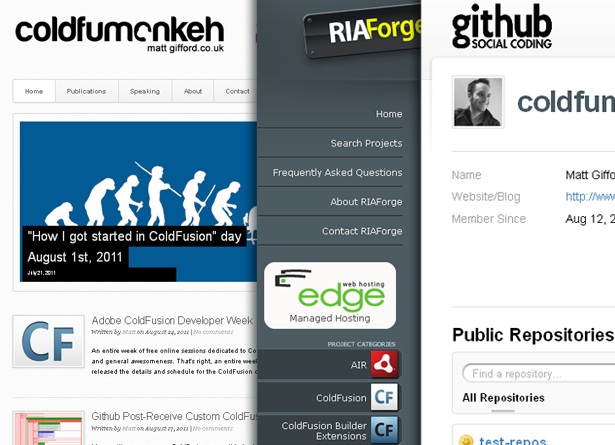
5. Noah Stokes
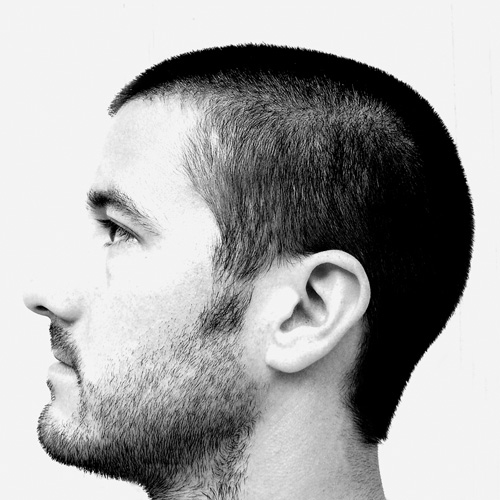
Job: I am a partner at Bold. We design and develop solutions for the web and mobile devices
Based in: We are just outside San Francisco, CA
Got into development aged: 25
Education: I have a degree in Industrial Engineering from Cal Poly, San Luis Obispo, which taught me how to learn. Everything I know about web development I learned by Googling and teaching myself
First job: I was a bag boy for a local grocery store when I was 16. The internet probably only had a few thousand websites at that time
Areas of expertise: Running a small studio, I do everything from business development to design to front and backend development. If I had to choose, my favourite role is frontend development
Online: noahstokes.com and @motherfuton
.net: What have you been working on this year?
NS: I've actually been working a lot on growing our business. We've doubled our size in just under a year and as the company grows so do the projects. We're moving on from the full featured sites into online social platforms targeted around specific genres. Mobile has also shown itself as a huge player and we're working to provide more robust solutions on that front as well.
.net: What’s the best piece of advice you’ve received lately?
NS: Hire a project manager. Greg Storey told me that in a conversation we were having about hiring. He was spot on. The role of PM in a small shop like ours is so incredibly valuable. It allows the designers and developers to focus on what they do best.
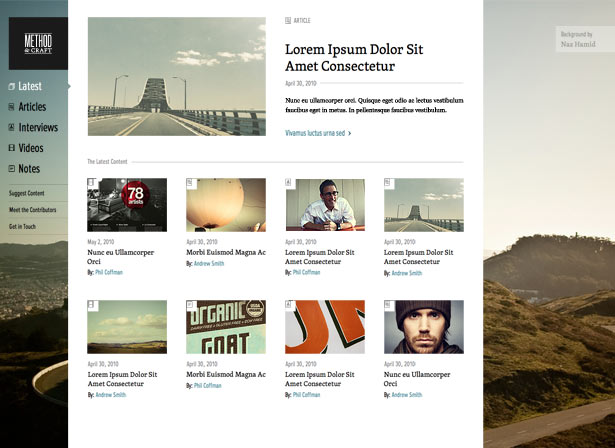
6. Oliver Gosling

Job: Director at Hype & Slippers
Based in: Bristol, UK
Got into development aged: 21
Education: B.Sc. Computer Science (and self-taught web development)
First job: A waiter in a pub
Areas of expertise: HTML, CSS, JavaScript/jQuery, WordPress
Online: www.goslingo.com and @goslingoweb
.net: What have you been working on this year?
OG: This year I've been putting all my energy into setting up a creative agency (Hype & Slippers) with graphic designer, David Robinson. After working freelance for only a short time, I soon realised that I could offer my clients a much better service by networking with other talented folk and pooling together resources. We've been growing our portfolio with some exciting clients and projects from all reaches of the globe and will be finally launching our own website later this year.
.net: What’s the best piece of advice you’ve received lately?
OG: Perhaps not so recent advice, but it's really helped me in the past (and comes courtesy of my Dad). When faced with a decision that has no desirable or clear solution, write lists of the pros and cons of each possible scenario. This helps you focus on the specific facts rather than panic and make rash decisions. It's rather simple advice, but something you easily forget to do when you're stressed! Whether it's making a big life decision or just deciding what framework to use for your next project, it helps you move forward confidently.
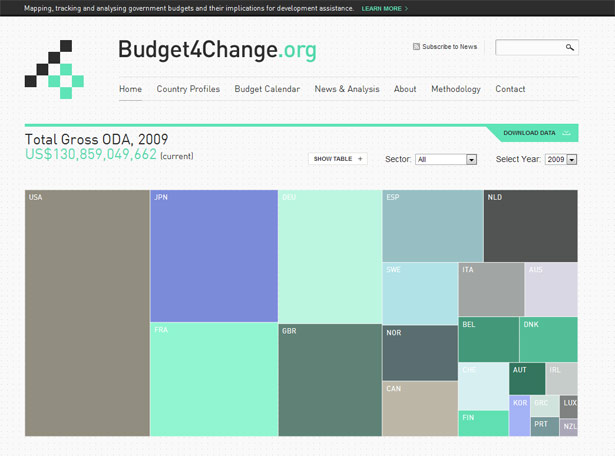
7. Paul Irish
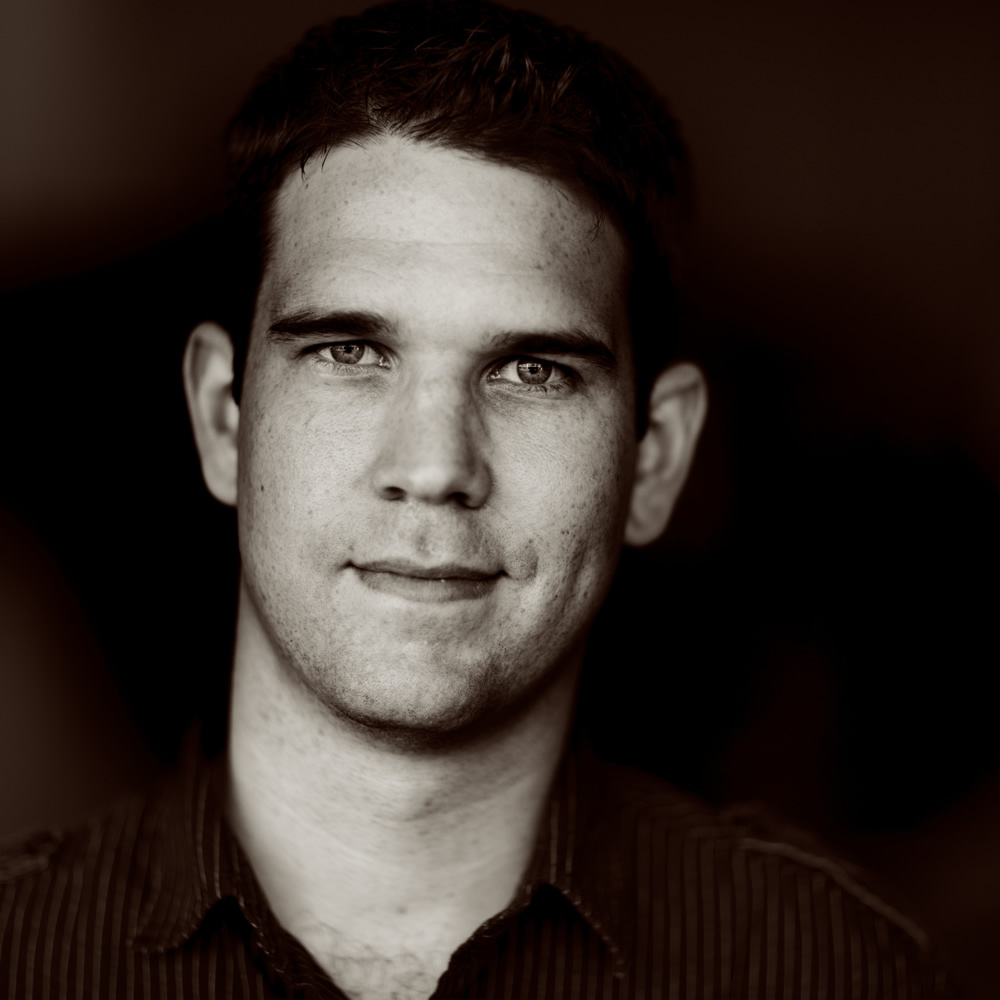
Job: Chrome developer advocate, Google
Based in: San Francisco
Got into development aged: 14, maybe? I remember going to an IE4 developer preview event at my local cinema where I got free popcorn and MSFT swag and learned about DHTML. I then copy/paste-abused DHTML heavily, as we all did
Education: Bachelors degree in Technical Communication. Self-taught developer
First job: Cashier at Stop & Shop. I can still remember the codes for bananas (4011) and artichokes (4084)
Areas of expertise: HTML5 and emerging web tech. Robust cross-browser techniques
Online: paulirish.com and @paul_irish
.net: What have you been working on this year?
PI: I've released new, major versions of my biggest projects, HTML5 Boilerplate and Modernizr, along with our very large developer communities. I've also been teaching people how to be more effective with the Chrome DevTools. I've been curating polyfills, and excited to encourage smart practices when using new features.
.net: What’s the best piece of advice you’ve received lately?
PI: I'm not one for collecting wise words, but I've been inspired lately by Chris Coyier's relentless pursuit to publish all the knowledge he gathers. Addy Osmani also targets areas where everyone could use some learning and drops serious knowledge bombs. I'm a big fan of documenting our craft.
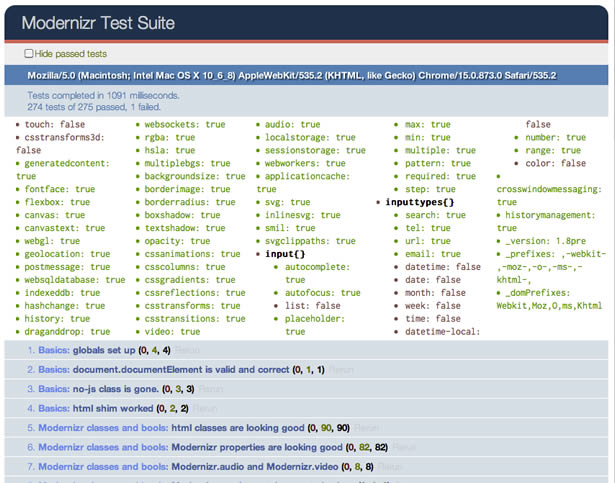
8. Rob Hawkes

Job: Mozilla – technical evangelist (officially), Rawket Scientist (according to my Mozilla business card)
Based in: Bournemouth, UK
Got into development aged: 12 (13 years – over half my life –ago!)
Education: Self-taught, but also studied Interactive Media Production at Bournemouth University and got a First
First job: A local paper round to save up for my first computer
Areas of expertise: Visual programming, HTML5 and the new JavaScript APIs
Online: www.rawkes.com and @robhawkes
.net: How did you land the job at Mozilla and what have you been working on since you've joined?
RH: It all started when I spoke about Rawkets, a HTML5 game I created for my university degree, at the Mozilla Game On event in London. During Game On I got to meet some great Mozilla people and after the event I was told about the open position for a technical evangelist. I took a look at it and applied because it sounded like my dream job and I was 100 per cent definitely not going to get the job if I didn't apply.
There was a long interview process, but it was a great experience and I got to visit Mozilla HQ in California for the first time, which was so cool. Throughout the interview process I was a little apprehensive because I was still at university at the time, but it didn't seem to matter as I was eventually offered the job! I still haven't truly come to terms with the fact that I work for Mozilla, and I don't think I ever will really.
Since I joined I've lost track of the various things I've been working on, there's a lot to take in when you join a company like this and my brain feels like mush. Still, my favourite projects have been Ask MDN and a super-secret demo that we've got lined up for the future (it's awesome). In general I'm working on large projects only some of my time, with the rest being spent putting on talks, interacting with the developer community (via Twitter for example), coming up with ideas, and all sorts of other cool stuff.
I've been screwing around with web technologies over half my life now and it's nice to be in a position where I can put that passion and experience to use. It's a very cool job and I'm so proud to and thankful to be given this opportunity.
.net: What’s the best piece of advice you’ve received lately?
RH: A piece of advice that has resonated with me for some time is that being proud of something can be a dangerous thing. I'm still young and relatively inexperienced in dealing with the public large-scale, so I had trouble with this particularly last summer when my HTML5 Google balls experiment went semi-viral. I was really proud of what I'd done and the exposure it was getting so I wanted to tell the world, but I didn't realise that not everyone wanted to hear about it every five minutes on Twitter. I might care that it was featured on CNN and got however many hits, but that doesn't mean everyone else does, right? However, this doesn't mean you should stop talking about things you've worked on. You just need to think about how it's going to come across, and try to be a little patient with the frequency of updates about an exciting project.
A few other developers within the industry who have more experience in this area quietly gave me advice along these lines. It amazed me that they even cared, and I instantly saw what I was doing from the perspective of others, which can be a painful and eye-opening experience.
I still suffer from this problem today, albeit less often, but being aware of something and how to deal with it is definitely better than continuing oblivious to the damage you're doing to your reputation.
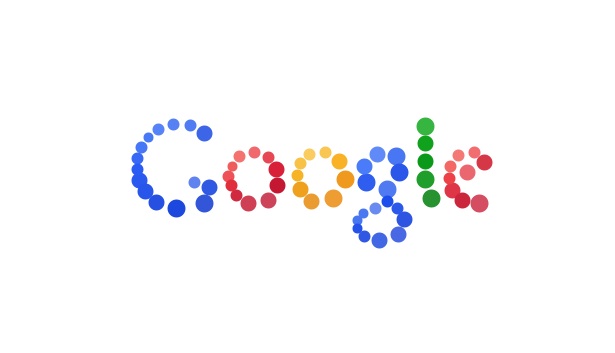
9. Simon Willison
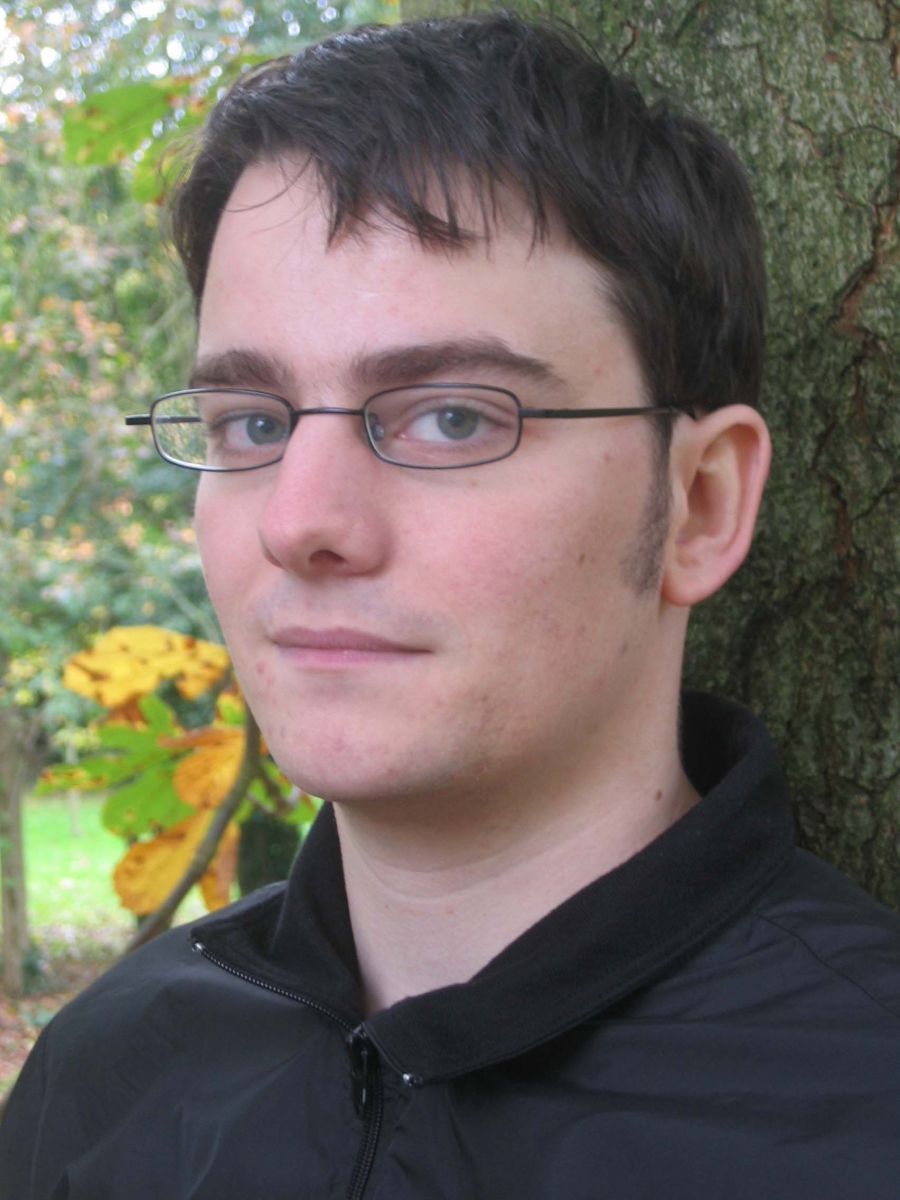
Job: Co-founder and CEO, Lanyrd
Based in: London (Old Street, aka Silicon Roundabout)
Got into development aged: 18
Education: BSc Computer Science from University of Bath, and a lot of self-teaching
First job: Running the photocopier desk at Office World. Later, "Downloads Editor" at a long-since-failed dotcom in the 1999-2001 bubble
Areas of expertise: Web Engineering. Co-creator of Django, now CEO of a startup (not by any definition an expert in that, but having to learn fast)
Online: simonwillison.net and @simonw
.net: What have you been working on this year?
SW: I've been building Lanyrd with my wife and co-founder Natalie Downe. First the product, but now we're also building the company that builds the product.
Lanyrd helps people get more out of professional events, by finding the right events to attend, meeting interesting people while they are there, and catching up on slides, notes and video afterwards.
We launched the site three months in to our honeymoon in Casablanca last year, and continued to develop it while travelling around Morocco, Egypt and South Africa. We were accepted in to the Winter 2011 Y Combinator startup programming in California, and spent January to March in Silicon Valley furiously developing the site and preparing for an investor pitch. We've just announced our seed round (we raised $1,400,000 from a number of different investors) and have hired our first two employees! It's been a very busy year.
.net: What’s the best piece of advice you’ve received lately?
SW: Here's a super-technical startup tip, picked up from Pete Smith, co-founder of SongKick: If you raise money for a startup in dollars, don't play the currency markets with it when turning it in to pounds. Switch it all over at once so you know exactly how long your runway is.
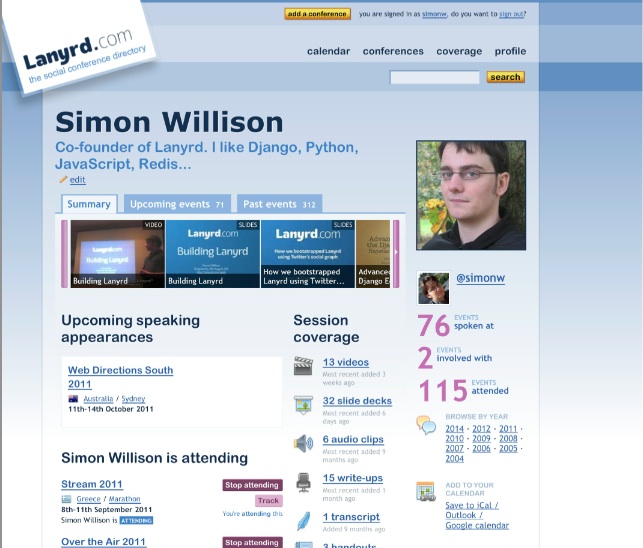
10. Tim Millwood

Job: Client Advisor at Acquia
Based in: South Wales, UK
Got into development aged: Professionally since 2008 (aged 24), but started building websites since I got an internet connection in the late 90s
Education: Bsc Hons in Computing
First job: Supermarket assistant
Areas of expertise: Drupal configuration, module and theme development
Online: millwoodonline.co.uk and @timmillwood
.net: What have you been working on this year?
TM: One year ago I was working for Mark Boulton Design, developing a variety of Drupal-based websites. Throughout the past year I’ve also been working as a co-lead of the UK team for DrupalCon London, which took place last month: it was a great success with 1750 attendees. Since March this year I’ve been working for Acquia. Acquia is a company set up by Drupal founder Dries Buytaert in 2007 with Jay Batson to offer support, consultancy, hosting and an array of other services to Drupal users, agencies and developers. Acquia has helped get some pretty high profile Drupal sites go live such as The Whitehouse and Twitter's Developer site.
I work on the support team offering Drupal advice and support to a wide variety of clients including Al Jazeera, Fox News and many more. It's a great role with a rollercoaster of questions, issues and problems that come in from a range of clients. Working on anywhere up to 50 issues a day really helps get a better understanding of Drupal development compared to working on one or two projects at a time.
.net: What’s the best piece of advice you’ve received lately?
TM: I’ve been lucky enough to work with some great people in the web industry since getting my first professional web development role in 2008. Each of these roles have come with some great advice and experiences. Since joining Acquia it’s been hard to get into the mindset of working on up to 50 different projects at a time. One of my colleagues, Kenny Silanskas has been able to offer some great advice on getting organised, and getting things done.
This advice included making effective use of bookmarks, to-do list apps and note taking apps, such as Evernote, as well as planning and managing time. Once my day is planned and organised, and I have everything to hand in my various apps and lists, it is so much easier to work affectively. Kenny also recommended a great book called Getting Things Done by David Allen which covers some great time management principles.
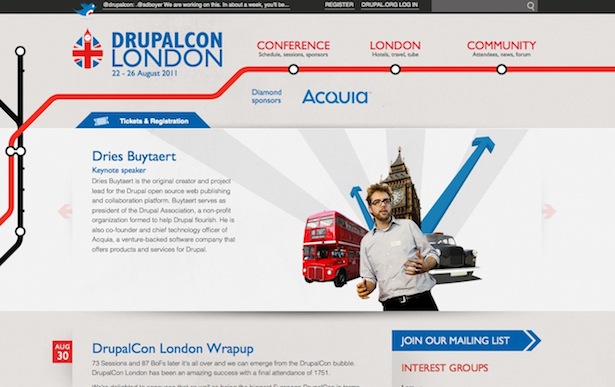
So, have you made up your mind? Head to www.thenetawards.com to cast your vote now!
And if you think there's somebody who really should have made the list this year, please let us know in the comments.

The Creative Bloq team is made up of a group of art and design enthusiasts, and has changed and evolved since Creative Bloq began back in 2012. The current website team consists of eight full-time members of staff: Editor Georgia Coggan, Deputy Editor Rosie Hilder, Ecommerce Editor Beren Neale, Senior News Editor Daniel Piper, Editor, Digital Art and 3D Ian Dean, Tech Reviews Editor Erlingur Einarsson, Ecommerce Writer Beth Nicholls and Staff Writer Natalie Fear, as well as a roster of freelancers from around the world. The ImagineFX magazine team also pitch in, ensuring that content from leading digital art publication ImagineFX is represented on Creative Bloq.
